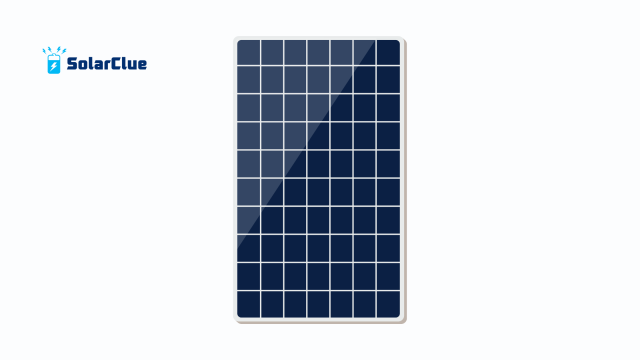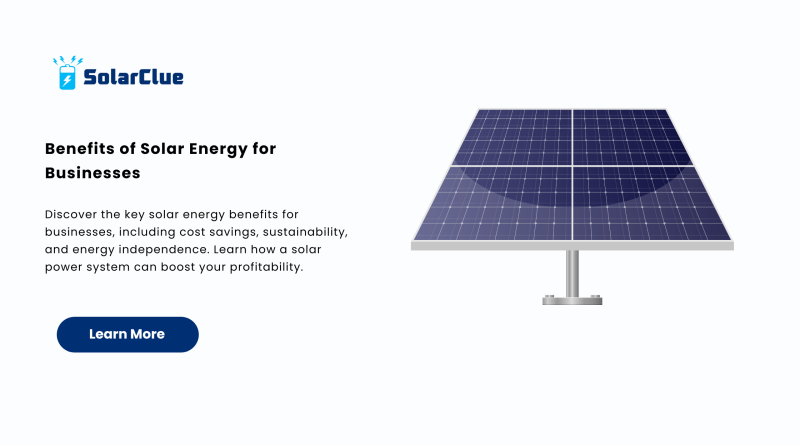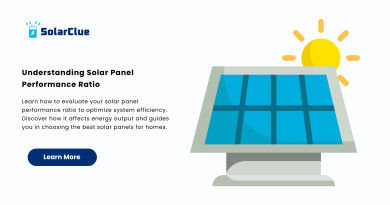Benefits of Solar Energy for Businesses
In today’s competitive market, businesses are constantly seeking ways to cut costs, improve sustainability, and strengthen their brand image. One of the most effective solutions is adopting a solar power system. By harnessing the sun’s energy through a high-quality solar panel setup, companies can achieve significant operational savings, reduce their carbon footprint, and gain a competitive edge.
Table of Contents
- 1 Cost Savings and Reduced Energy Bills
- 2 Protection Against Rising Energy Prices
- 3 Enhanced Sustainability and Corporate Social Responsibility
- 4 Long-Term Investment with High ROI
- 5 Government Incentives and Tax Benefits
- 6 Energy Independence and Reliability
- 7 Positive Workplace Impact
- 8 Industry Competitiveness and Market Differentiation
- 9 FAQs
Cost Savings and Reduced Energy Bills
The most immediate and noticeable solar energy benefits for businesses come in the form of lower electricity costs. A solar power installation can offset a large portion of your monthly utility expenses. Over time, these savings can translate into substantial profit retention, especially for energy-intensive industries like manufacturing, hospitality, and retail.
Protection Against Rising Energy Prices
Electricity rates have been steadily increasing due to growing demand and inflation. Installing a solar power system helps shield your business from these unpredictable price hikes. Once your solar panel system is in place, most of your energy comes from a free and renewable source — the sun.
Enhanced Sustainability and Corporate Social Responsibility
Consumers today prefer to support brands that demonstrate environmental responsibility. By switching to solar energy, your business contributes to reducing greenhouse gas emissions and reliance on fossil fuels. This can boost your brand image and attract eco-conscious customers, partners, and investors.
Long-Term Investment with High ROI
Although the initial investment in a solar power system might seem high, it pays for itself over time through savings and government incentives. With warranties often exceeding 20 years and low maintenance requirements, solar panels provide consistent returns and increase property value.

Government Incentives and Tax Benefits
In many regions, including India, businesses can take advantage of subsidies, tax credits, and depreciation benefits for solar energy projects. These incentives significantly reduce the upfront cost and improve payback periods, making solar power a smart financial move.
Energy Independence and Reliability
A solar power system allows businesses to generate their own electricity, reducing dependence on the grid. When paired with battery storage, solar panels can also provide backup power during outages, ensuring uninterrupted operations.
Positive Workplace Impact
Employees take pride in working for a company committed to sustainability. Installing a solar panel system can foster a sense of responsibility and innovation within your organization, improving overall workplace morale.
Industry Competitiveness and Market Differentiation
Businesses that adopt solar energy early can stand out in their industry. By highlighting your commitment to green practices in marketing campaigns, you can attract new customers and set yourself apart from competitors still relying on conventional energy sources.
FAQs
1. How long does it take for a solar power system to pay for itself?
Most commercial solar power installations achieve payback within 3 to 6 years, depending on system size, location, and available incentives.
2. Do solar panels require a lot of maintenance?
No, solar panels require minimal maintenance. Occasional cleaning and annual inspections are usually enough to keep them operating efficiently.
3. Can solar energy work for all types of businesses?
Yes, whether you run a small office or a large manufacturing unit, a solar power system can be customized to suit your energy needs.
4. Will my business still get power at night with solar energy?
Solar energy systems do not generate electricity at night, but you can store excess power in batteries or rely on the grid when needed.
5. Are government subsidies available for commercial solar projects?
Yes, many governments offer subsidies, tax incentives, and accelerated depreciation benefits for solar energy installations.
Switching to solar power is more than just a financial decision — it’s a long-term commitment to sustainability, energy security, and business growth. The earlier you invest in a solar power system, the sooner you enjoy the rewards. If you’re ready to make the switch and want expert guidance on the right solar panel solution for your business, explore more at solarclue.com and blog.solarclue.com.



